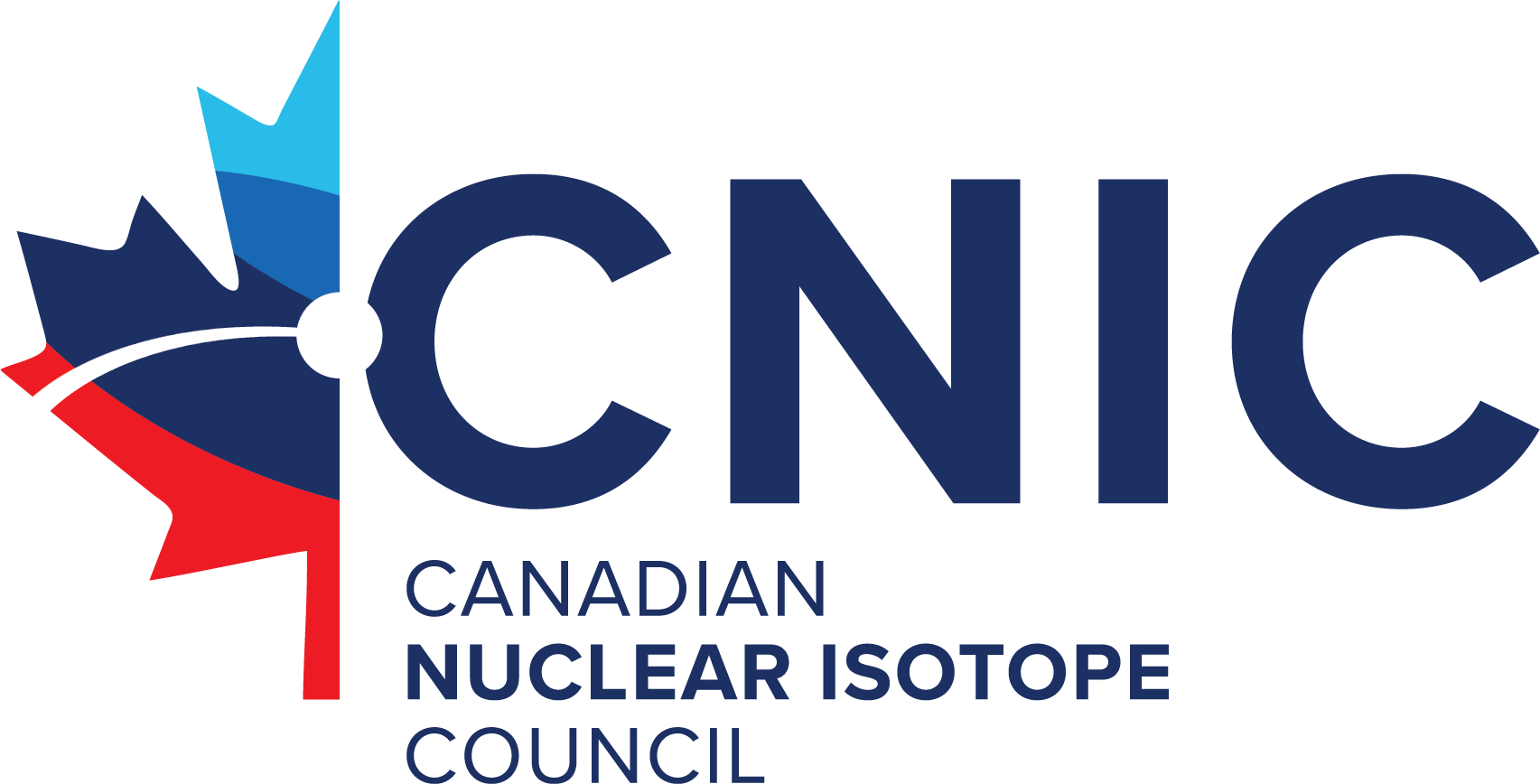Toronto – August 14, 2024 – With membership across the isotope supply chain, healthcare sector, and academic institutions, the Canadian Nuclear Isotope Council (CNIC) is committed to ensuring that the Canadian medical isotope industry is staffed with sufficient talent with the appropriate training to support its long-term leadership. The CNIC is pleased to announce that the University of New Brunswick (UNB) is joining its network of academic partners, committed to leading research and training the new generation of isotope leaders.
With programs across various sectors like biomedical sciences, chemical and civil engineering, biotechnology, health sciences, and more, UNB provides students with hands-on training for careers in the Canadian isotope industry.
As a leading academic institution, research and innovation are central to UNB’s mission, hosting over 20 research institutes and centres across several different subject areas. At the Centre for Nuclear Energy Research (CNER), UNB’s researchers leverage their expertise and services to undertake various projects and advance the development technologies that can support Canada’s nuclear isotope industry.
In response to growing demand for medical isotopes and new opportunities for innovation, UNB also works alongside other industry partners. In 2023, UNB signed a Memorandum of Understanding with Atomic Energy of Canada Ltd. (AECL) and Canadian Nuclear Laboratories (CNL) to pursue collaborative research opportunities in a variety of areas including medical isotope development and to create dynamic learning opportunities for students.
“As we strive for isotope innovation in Canada, it is critical that we collaborate with leading Canadian institutions and research organizations to leverage our collective expertise and meet emerging needs in the industry,” said James Scongack, Chair of the CNIC. “Our new collaboration with UNB aims to do just that, and will open new doors for workforce development and advance future research and deployment of lifesaving, Canadian-made isotopes.”
“Isotope production has been a strength of Canada’s nuclear program for decades, and our home-made CANDU reactor technology is well suited and demonstrated for this task,” said Dr. William Cook, director of the CNER and a professor of chemical engineering. “In New Brunswick, the focus on advanced reactor technologies will open new opportunities for isotope production and we are thrilled join CNIC to establish new collaborations in this important area for the future.”
About the Canadian Nuclear Isotope Council
The Canadian Nuclear Isotope Council (CNIC) is an independent, not-for-profit advocacy and member services organization. The CNIC supports over 95 members from across science, academia, healthcare, and nuclear-sector organizations dedicated to maintaining Canada’s position as a global leader in the production of life-saving isotopes. The CNIC raises awareness and advocates for long-term policies that support health-care innovation and will save countless lives for decades to come.
To learn more about the CNIC, visit www.CanadianIsotopes.ca and follow us on Facebook, Twitter, and LinkedIn.
For more information, please contact:
Melody Greaves
Manager, Business Strategy
Canadian Nuclear Isotope Council
melody.greaves@canadianisotopes.ca
